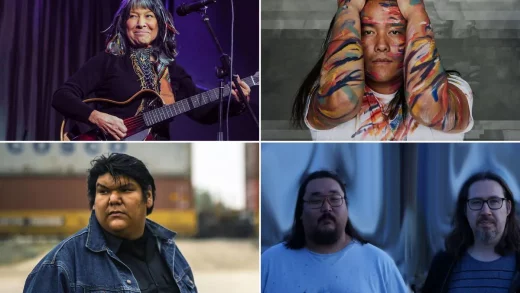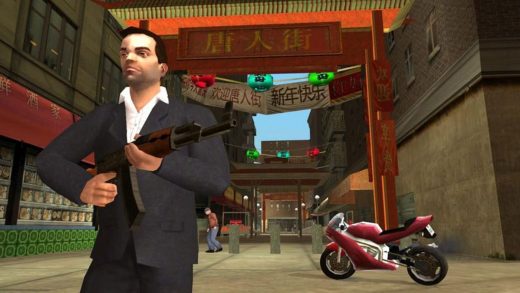
In the dusty, bustling saloons of the Old West, amidst the clinking of whiskey glasses and the occasional scuffle, a game of wit and chance was being played that would become synonymous with the era: Poker. Below we delve into the integral role poker played in the cultural and social fabric of the Old West, shaping not just leisure time but also the very ethos of the frontier.
The Rise of Poker in the Old West
Poker’s journey into the heart of the American frontier began in the early 19th century. As settlers and prospectors moved westward, they brought with them a game that was easy to learn, required only a deck of cards, and offered a thrilling mix of strategy and luck. It quickly transcended its recreational origins, becoming a symbol of sharp wits and the unyielding determination to succeed against all odds. In the rough-and-tumble world of the frontier, a good poker face could be as valuable as a sharp axe or a sturdy horse. By mid-century, poker had become a cornerstone of frontier life, embodying the daring and entrepreneurial spirit of the era.
Poker and Saloon Culture
Saloon culture was at the epicenter of poker’s rise. These establishments served as social hubs where men from all walks of life converged. Poker tables became common fixtures, around which miners, cowboys, and businessmen alike gathered for a game. The clatter of chips and the shuffle of cards were as much a part of the saloon atmosphere as the smoke and the whiskey. In these smoky rooms, friendships were forged and rivalries born, often with the turn of a card. Poker sessions often lasted for hours, with large sums of money changing hands, reflecting both the high-risk, high-reward mentality and the transient nature of wealth in the Old West.
Variations of the Game
The most popular version of poker in the Old West was Five-Card Draw, but other variations like Stud Poker and the simpler Three-Card Monte also found favor. The rules were often fluid, adapting to local preferences, which added to the game’s appeal and mystique.
Legendary Poker Players of the Old West
Wild Bill Hickok, emblematic of the Old West, is immortalized in poker lore for his “Dead Man’s Hand.” His contemporary, Doc Holliday, combined his dental trade with a knack for poker and gunfighting, famously allying with Wyatt Earp, another skilled player, in the Gunfight at the O.K. Corral. Bat Masterson, balancing law enforcement with gambling, was a notable figure at the poker tables. The era also saw Lottie Deno, “The Poker Queen,” defy norms with her exceptional skills in a male-dominated field. Luke Short and Ben Thompson, each renowned for their gambling and gunfighting prowess, added to the colorful tapestry of the Old West. These individuals were not just players; they embodied the daring and adventurous spirit of their time, their stories woven into the very fabric of Western legend.
Epilogue
Poker in the Old West was more than a card game; it was a cultural phenomenon that reflected the values and challenges of frontier life. It was a social equalizer, a test of character, and a thrilling diversion, all rolled into one. Today, the legacy of poker continues, a lasting testament to the indomitable spirit of the Old West.


